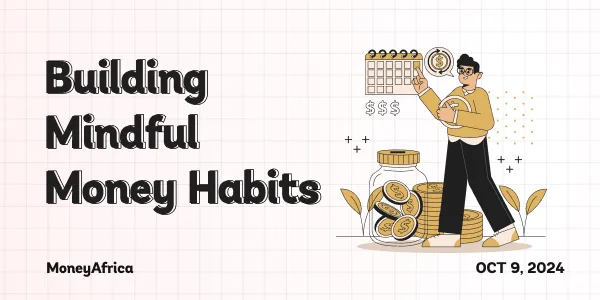Sarah, a successful marketing professional, had it all—a fat salary, designer clothes, and fine dining experiences. But her lavish lifestyle imposed a huge financial burden. One day, almost at the point when this was unsustainable, she realised that her spending habits were holding her back.
She had accumulated debt to finance a luxurious living, depleted her savings and had nothing to show for years of hard work in terms of wealth. This evoked a feeling of frustration and sadness that made her reassess her priorities.
It is hard to make money but it is easy to lose it all. Having good money habits can help you achieve long-term financial stability and wealth. Bad money habits such as overspending, debt accumulation and neglecting to save are obstacles that prevent you from achieving your financial goals.
You do not have to reach a point of regret like Sarah before making smarter choices with money.
Here are examples of habits that would make you smarter with money:
1. Clearly define your goals: Clearly defining your goals makes it easy to achieve them. Identify your short-term and long-term financial goals and write them down. Make them realistic and with the specific amounts required to achieve them. From time to time, revisit the goals and track your progress.
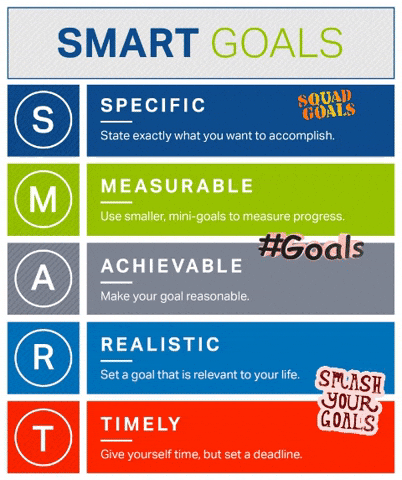
2. Prioritise spending that takes you closer to your goals: While we want you to live a good life, it must not come at a cost to your goals. Essential expenses that move you closer to your goals should take priority over discretionary spending. Investing in another degree or getting a professional certification may be more impactful for your goal of climbing the career ladder than buying a luxury bag.

3. Saving regularly: Your savings would always come in handy as life can be unpredictable and emergencies can occur at any time. You cannot acquire assets or build wealth without saving. Automating the process makes it easier for you to be more disciplined with saving.
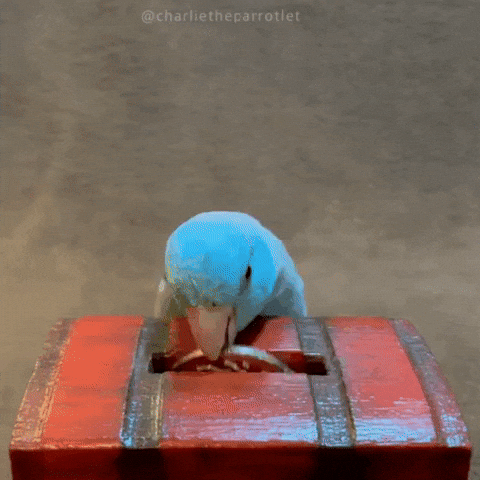
4. Saving and investing wisely: It is not enough to save and invest, you must strive to increase your purchasing power. Ensure you save and invest in a way that protects your purchasing power from inflation, as this is the only way to build wealth.
The value of your savings could be eroded by inflation. To beat inflation, it is important to invest your money. Learn to take calculated risks, assess your risk appetite and diversify your investment across various assets.

5. Managing your risks properly: When making money decisions, ensure that you hedge risks. For instance, money that should be invested should not be saved, as you will lose out on great returns. Money that should be saved for short-term needs must not be invested, else you jeopardise your goals and become vulnerable. Also, do not invest until you build short-term resilience in the form of emergency funds and insurance. And do not forget to match the currencies of your obligations to the currencies in which you save.
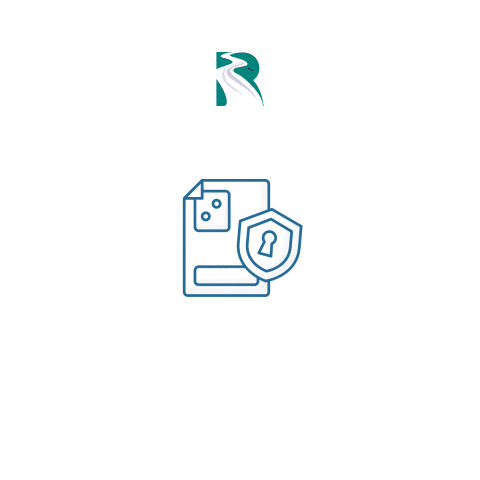
Mindful money habits will help you understand your spending pattern, prioritise needs over wants, and make informed financial decisions. They also help build a safety net for unexpected expenses, ensuring peace of mind and financial security. Avoiding mindless habits like impulse buying, emotional spending, ostentation, failing to budget and neglecting financial planning can help maintain financial stability and reduce stress. You can create a more secure financial future by building mindful money habits
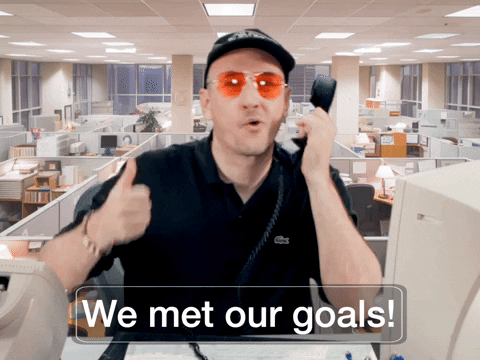
***
Do you know that we have our own podcast? It’s MONEYTALKS!💚
Here’s a link to listen to all the amazing episodes we have!
***
Thank you for reading Money Africa’s Blog.
Please feel free to share it.
Do you have any questions? You can send an e-mail to info@themoneyafrica.com or send a DM to any of our social media channels.
***
MoneyAfrica premium plan
Are you a mid to high-income earner? Do you find communities a bit too busy? You should sign up for our premium plan.

You can learn more about that here.
***
We often get questions regarding how to plan your finances to align with your relocation plans, especially for students seeking to further their studies. As always, we have heard you, and we have put together an e-book to help you navigate this. Follow this link, to get your FREE copy of the e-book: The Japa Encyclopedia.
***
Get our annual subscription and learn more about investing safely and building a solid portfolio in 2024.
Don’t forget to:
- Join our community, if you want to smash your 2024 financial goals. It takes at least 30 days to build great habits that will last you a lifetime. So why not start now? There is a lot you can achieve.
- If you would like to document your financial journey in 2024, then our journal would be an excellent fit for you. It costs ₦7,500 (excluding delivery).
- Get a budget sheet to track your monthly expenses. Click here
- Get an investment tracker to be on top of all your investments. Click here
MoneyAfrica is a financial literacy platform. Our goal is to make everyone better with their finances.
We do this by engagements via our:
– social media handles
– platforms for paid community members (for adults and students)
– webinar sessions with corporate clients
Would you like to join any of the communities? Please click here
Would you like us to hold a webinar for your company’s staff? Please send an email to info@themoneyafrica.com


